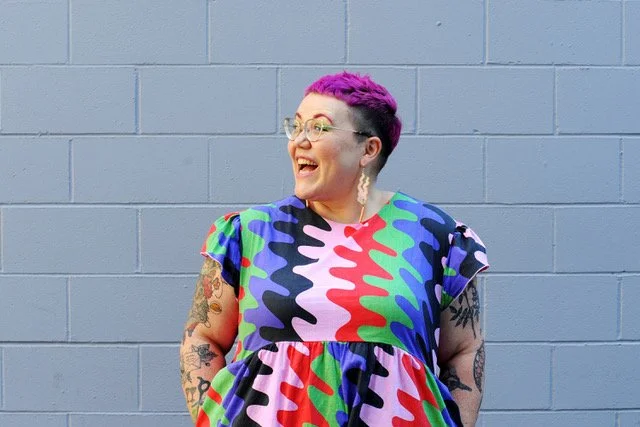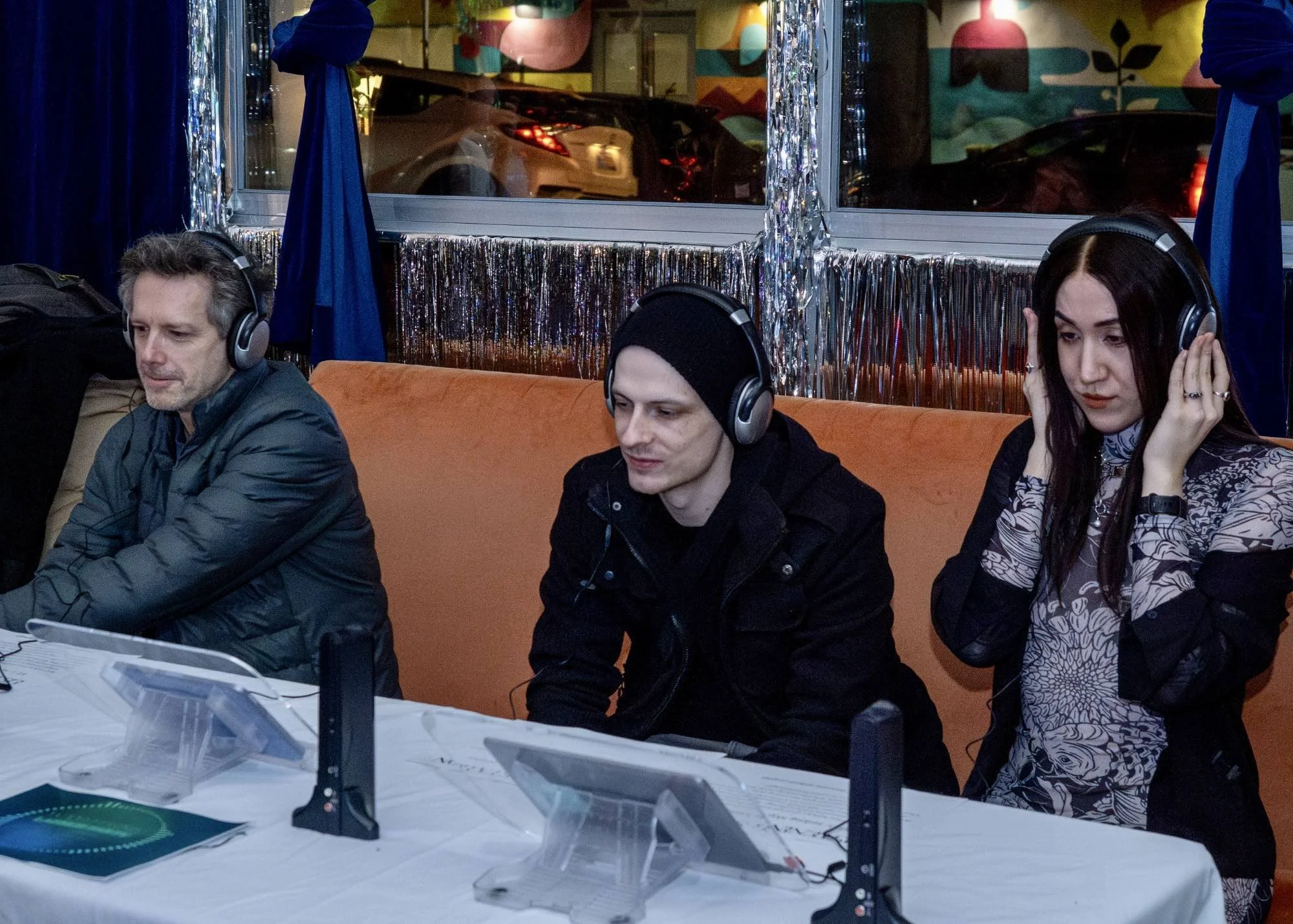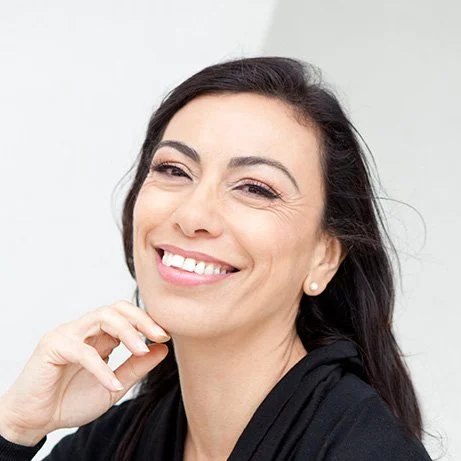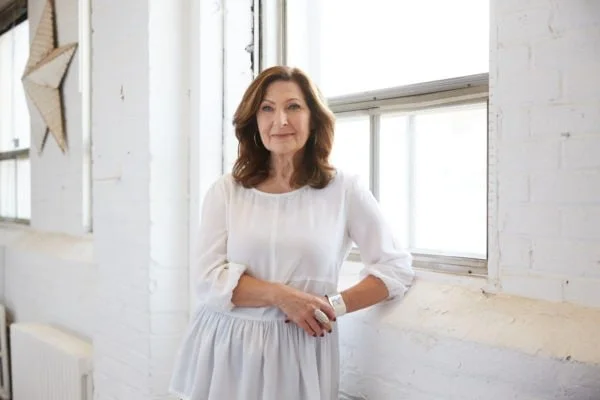VanPodFest cohost Hannah McGregor talks social justice, nerding out, and the hyper-niche
As this year’s one-day event shows, an infinite variety of specialty interests is podcasting’s superpower
DOXA presents the Vancouver Podcasting Festival online on November 20.
EVEN OUR PUBLIC intellectuals need to get stupid once in a while. “Constantly, actually,” according to Hannah McGregor, writer, academic, assistant SFU prof, podcaster, and co-host of this year’s Vancouver Podcast Festival (November 20). As a listener, her personal diet includes, not surprisingly, efforts like Sandy and Nora Talk Politics and NPR’s It’s Been a Minute with Sam Sanders—but she also like to indulge a jones for Dungeons & Dragons and the kind of goofball comedy you get with All Fantasy Everything, in which a bunch of idiot comedians get together and fantasy draft… well, everything.
“In the new one they’re drafting ‘Animals that can fuck right off,’” she says. “Just dumb. It’s just a dumb podcast, and I love that. I love that you can be, like, ‘Okay now I’m going to listen to a really smart conversation about the historical misrepresentation of Catherine the Great and how that’s rooted in misogyny, and also I’m gonna listen to guys talk about why they hate possums.’”
She’s busy working on the final manuscript of a book when Stir reaches McGregor at home, and while it’s not our business to reveal what she’s writing about, we can say that it’s consistent with the ideological interests expressed in her own podcasts, Witch, Please and Secret Feminist Agenda. The first is a lively exploration of the Harry Potter universe—in the latest episode, McGregor and her “lady scholar” co-host Marcelle Kosman discuss trauma with Dr. Addie Merians—and the second?
“Oh my God, the irony of that podcast title is one hundred percent that nothing about my feminist agenda is secret,” she laughs, adding that the same goes for the Podcast Festival itself and its parent organization, DOXA, “which is an explicitly justice-oriented organization,” she continues. “Nonfiction story-telling as a tool for social justice. It’s not secret. It’s right there in our mandate, right?”
As such, this year’s one-day event includes heavy hitters like Hannah Sung, Garvia Bailey, and Nana aba Duncan discussing the origins of their company Media Girlfriends (Why We Started A Podcast Company In a Pandemic), and a free panel hosted by Below The Radar’s Am Johal called Podcasting Climate Change. Significantly, Liv Albert and Laura Palmer bring the medium back to its essential lo-fi roots with their masterclass, Building an Audience for Your Indie Podcast.
"Amateurism and lack of affiliation with an established company that already has lots of ways of publishing things is right there, built into the DNA of podcasting,” says McGregor, pointing out that the medium has its roots in blogging and the advent of audio files appended to RSS feeds. “Podcasts have turned out to be popular, so lots and lots of big media corporations are getting into them, and lots and lots of celebrities are getting into them. And yet, there are still so many amateur podcasts, so many weird hyper-niche podcasts where you’re, like, ‘Who is this for?’ And then you find that there are 30 thousand people listening to it. So, cool, it’s for someone!”
The ability to accommodate a seeming infinite variety of specialty interests is the medium’s superpower, in part because it inverts what McGregor calls “capitalism scarcity logic.” There’s an A-list, sure, but overwhelmingly the podcast is a humble form driven largely by passion and received with little intervention outside of the user’s individual search terms. It appears to magically defy the dangers of an over saturated market.
“We don’t always have to be thinking about making money; lots of people start podcasts never intending to monetize them, and also,” McGregor says, “there are actually lots of really cool ways that people are figuring out how to monetize podcasts that aren’t getting ruined by the scarcity model!”
Which brings us to the remaining panel at this year’s festival, The Expanding Universe of Podcasting with Kelly&Kelly, in which Paul Bae and Allison Brough join Lauren Bercovitch to consider the ways in which local creators can develop and adapt an IP to a different medium. McGregor points to the D&D podcast The Adventure Zone as an admirable crossover success.
“They adapted that podcast into a series of three graphic novels and every single one has been a New York Times bestseller,” she says. “They are undeniably reaching an audience that they didn’t in the podcast form, collaborating with this very cool woman artist, Carey Pietsch. It’s two very goods things that have used the IP from one to move into another—and it’s great! Podcasting is so cheap, comparatively, that it’s a really good way to test a theory or an idea.”
Some of the folks at DOXA had an idea four years ago, and conscripted people like McGregor and podcaster/CBC journalist/author Andrea Warner to help make the Vancouver Podcast Festival happen. For the 2021 schedule, says McGregor, “We did what we always do: we all just kinda nerd out and brainstorm and get excited about things until we decide on a line up!” Nerding out is another key part of the medium’s DNA, so expect to indulge yourself if you plan on joining hosts McGregor and Warner for the Virtual Welcome and Happy Hour bookending the festival—both free. Things, she promises, will get “slightly unhinged.”














